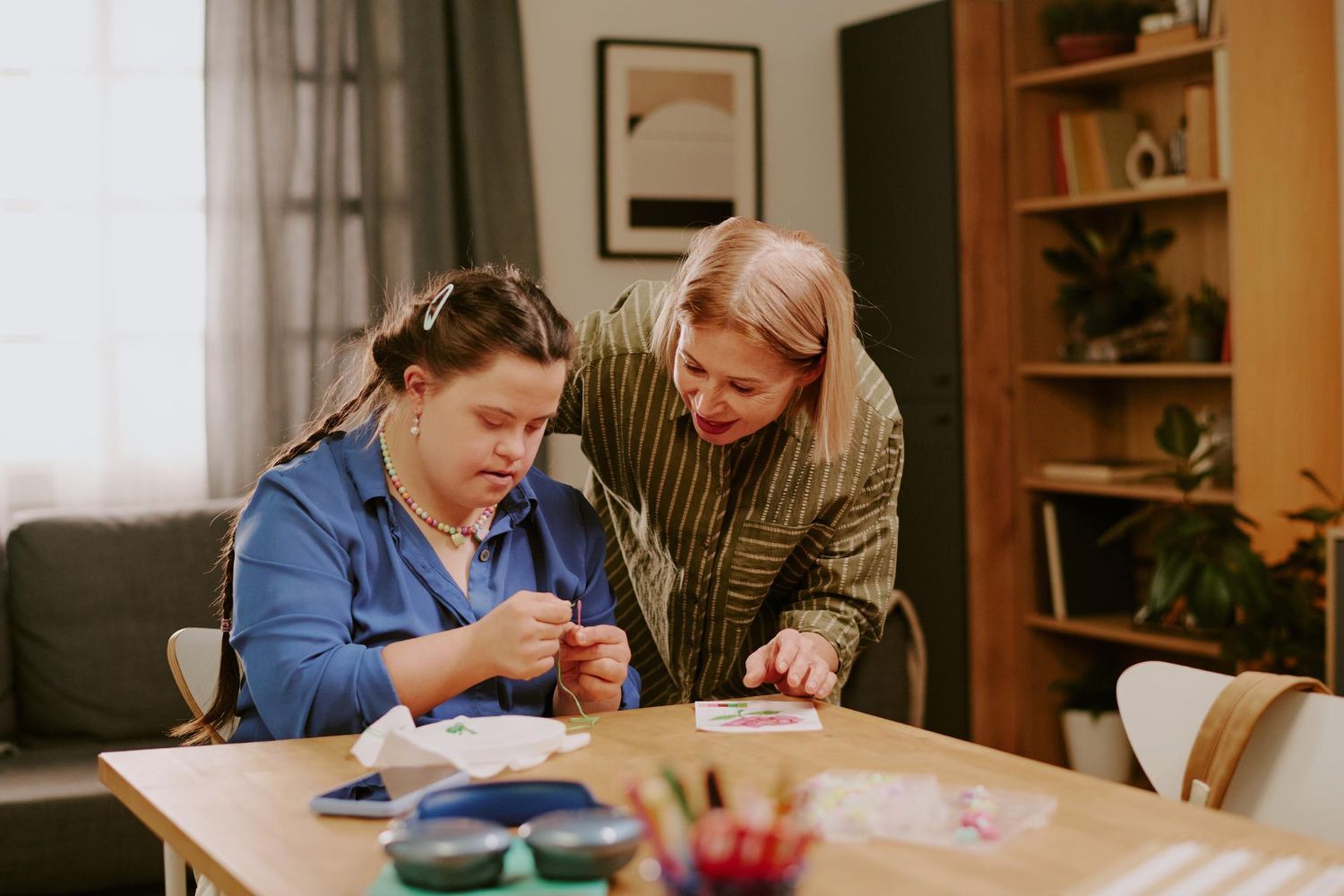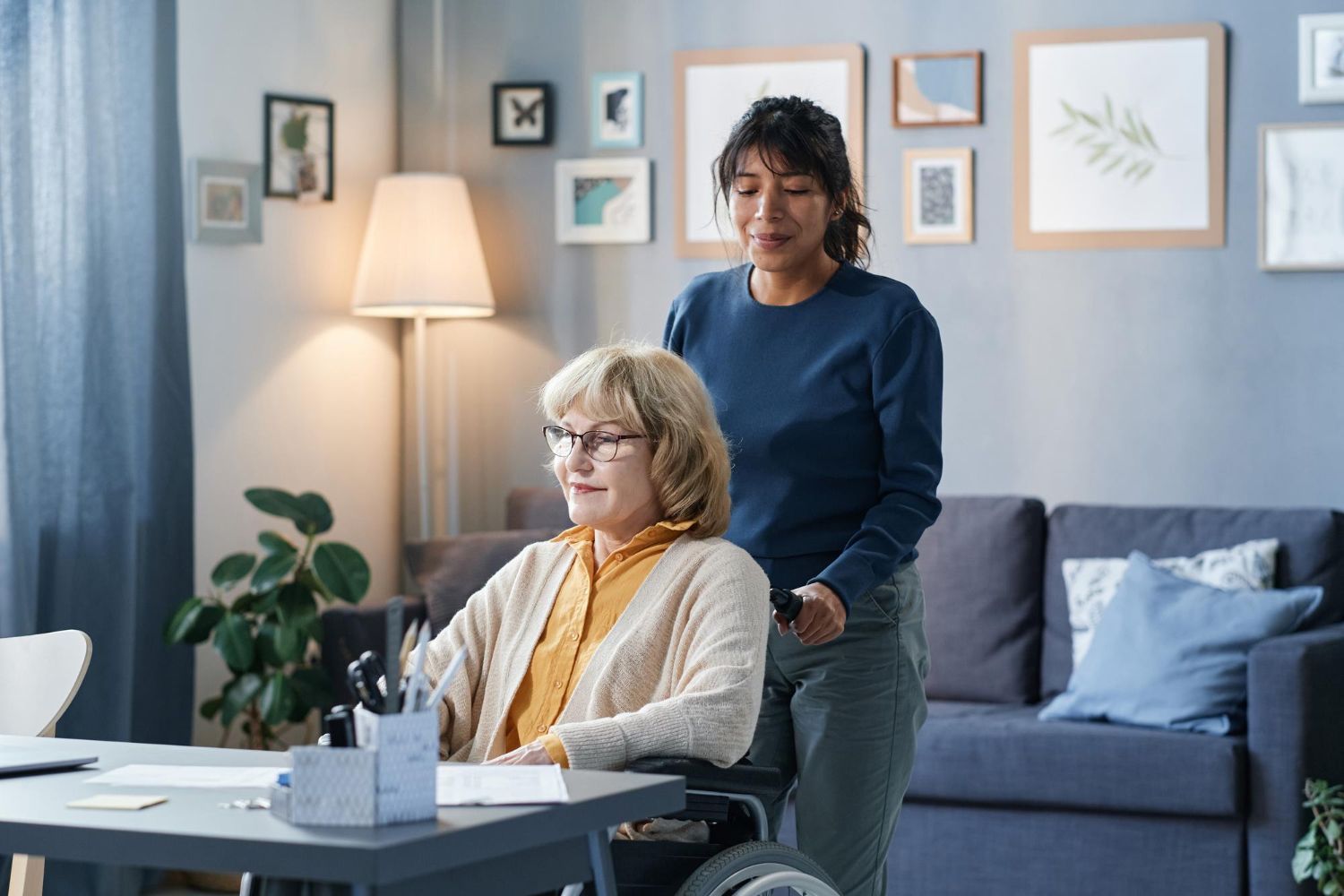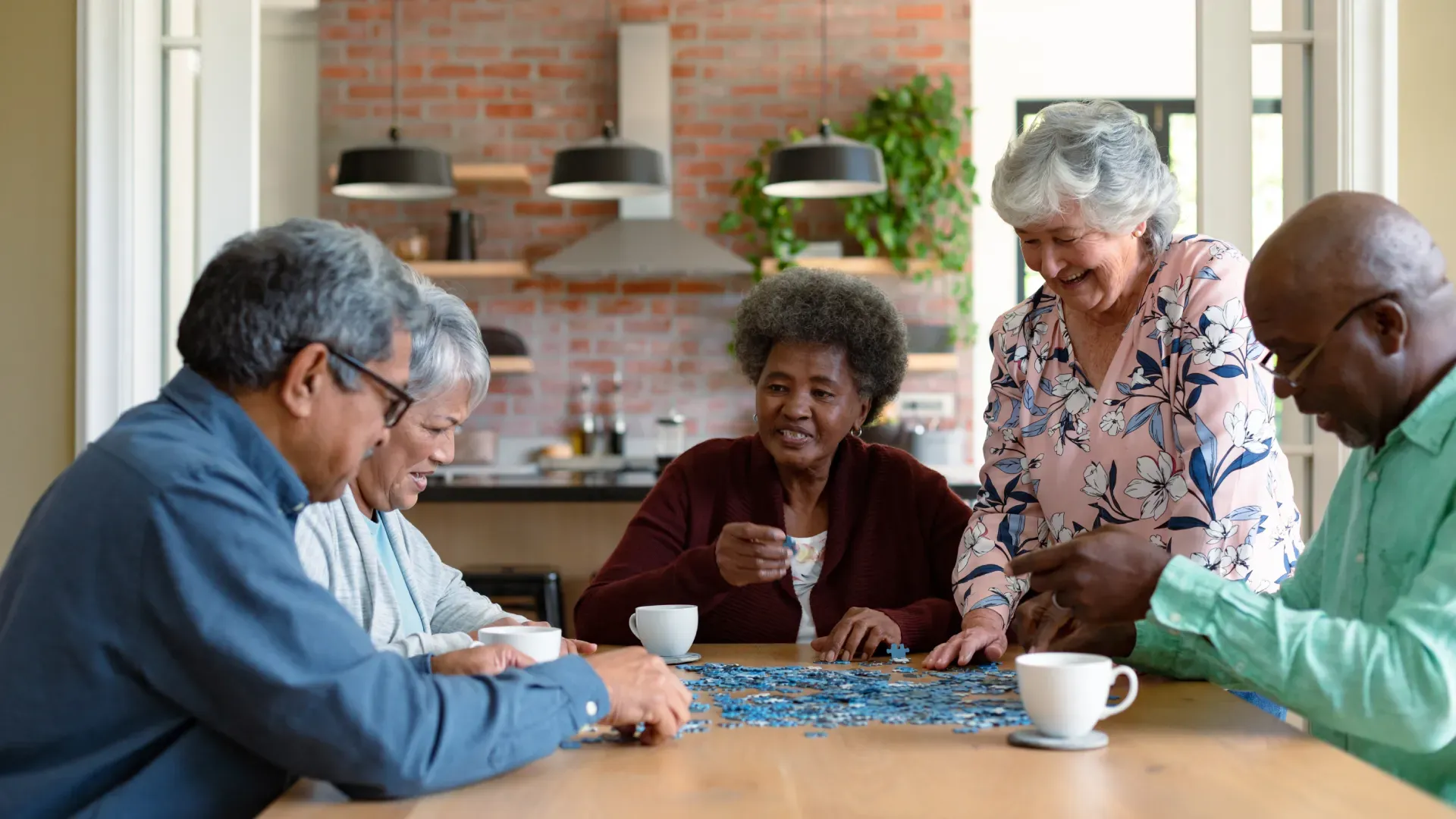Beyond the Basics: Why Emotional Wellbeing Is Essential in Aged Care
In aged care, physical health often takes centre stage—medications, mobility aids, and daily tasks dominate care plans. But for older Australians, especially those choosing to age in place, emotional wellbeing is just as critical. At AIM Care, we believe that truly holistic aged care means supporting both body and mind. As Queensland’s population continues to age, in-home care models that nurture emotional health are no longer a luxury—they are a necessity.
The emotional toll of ageing
As people age, they face numerous life changes that can have a profound emotional impact. The loss of independence, declining health, the passing of partners or friends, and reduced social interaction all contribute to emotional vulnerability. According to Beyond Blue, up to 15 per cent of older Australians experience depression, and around 10 per cent experience anxiety. In residential care settings, that figure increases significantly.
For seniors who remain in their homes, the risk of emotional decline can be heightened if they are living alone or managing chronic conditions without consistent support. Unfortunately, emotional needs are often overlooked until they manifest in more serious ways—like withdrawal, cognitive decline, or physical health complications.
Why emotional wellbeing matters in aged care
Emotional wellbeing affects every aspect of a person’s health. Seniors who experience positive emotional support are more likely to stay physically active, engage socially, and maintain cognitive function. In contrast, those suffering from emotional neglect may experience decreased appetite, weakened immunity, sleep disturbances, and reduced interest in self-care—all of which contribute to a faster decline in health and independence.
At AIM Care, we take a proactive approach. We understand that addressing emotional wellbeing isn't about weekly check-ins or standard activities. It's about consistent, meaningful engagement tailored to the individual—because emotional care isn’t a “one-size-fits-all” approach.
In-home care as a solution to emotional isolation
One of the greatest advantages of in-home care is continuity. Unlike rotating shifts in residential facilities, AIM Care provides consistent support workers who build trust-based relationships over time. Familiar faces mean more than convenience—they create a sense of safety and companionship.
Our care professionals are trained not only in physical care but in emotional intelligence. They are skilled listeners, patient communicators, and compassionate companions. Whether it’s a quiet conversation over tea, a walk through the garden, or assisting with a beloved hobby, our carers actively look for opportunities to engage in ways that are meaningful to the individual.
In addition to one-on-one care, AIM Care encourages integration with community resources. Where appropriate, we help connect our clients with senior centres, local support groups, or social programs to help them stay active and connected.
The power of personalised care
No two people age the same way. That’s why emotional wellbeing support at AIM Care begins with understanding the individual. Our care plans include questions about lifestyle, personal history, values, and preferences. From there, we match clients with support workers whose personality and experience align with those needs.
For example, someone who once worked as a teacher might enjoy mentoring younger family members or volunteers. Someone who loved gardening may find peace in getting their hands back in the soil with support. Recognising and facilitating these small but powerful moments can greatly enhance a client’s quality of life.
Supporting families through emotional care
The emotional wellbeing of the elderly also has a direct effect on their loved ones. When a senior is emotionally fulfilled and well cared for, it eases anxiety among family members, who may otherwise worry about loneliness or neglect. AIM Care maintains regular communication with families, providing updates and reassurance so they feel involved and supported.
Moreover, we offer respite care that gives family carers a break without compromising the emotional or physical support their loved one receives. This dual focus on client and family wellbeing is central to our philosophy.
A future where emotional care is the standard
At AIM Care, we believe that emotional wellbeing should never be an afterthought. Our commitment to compassionate, personalised in-home care ensures that the emotional health of every client is prioritised from the very beginning. As more Australians choose to age at home, emotional wellbeing will play an increasingly important role in enabling longer, healthier, and happier lives.
Because for us, care is not just about extending life—it’s about enriching it.











